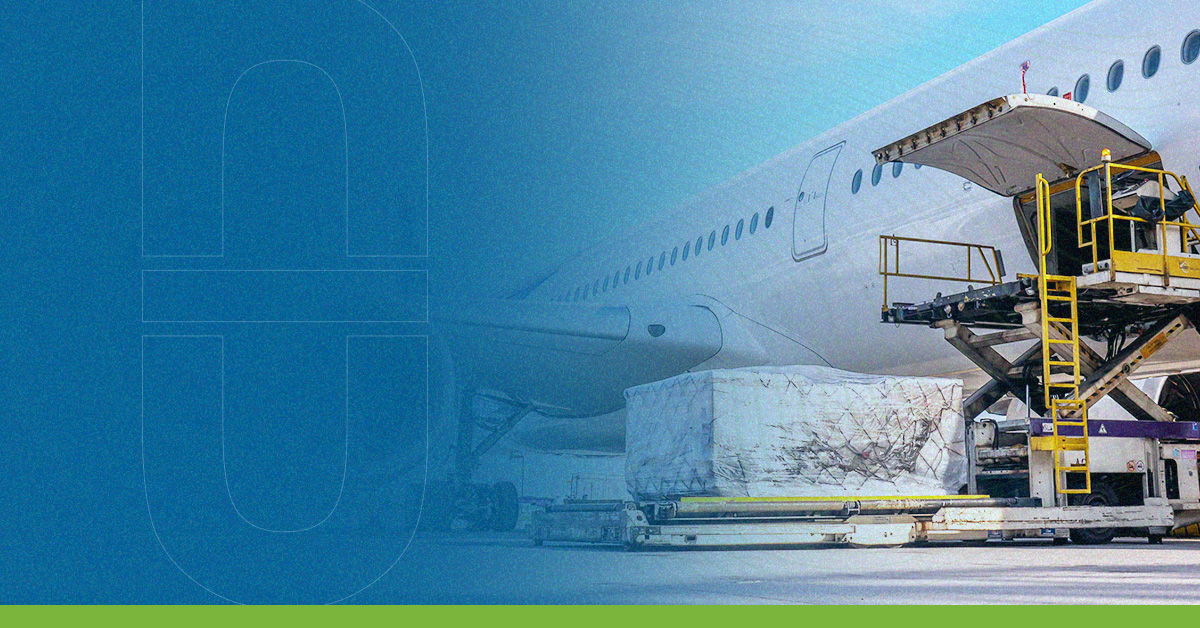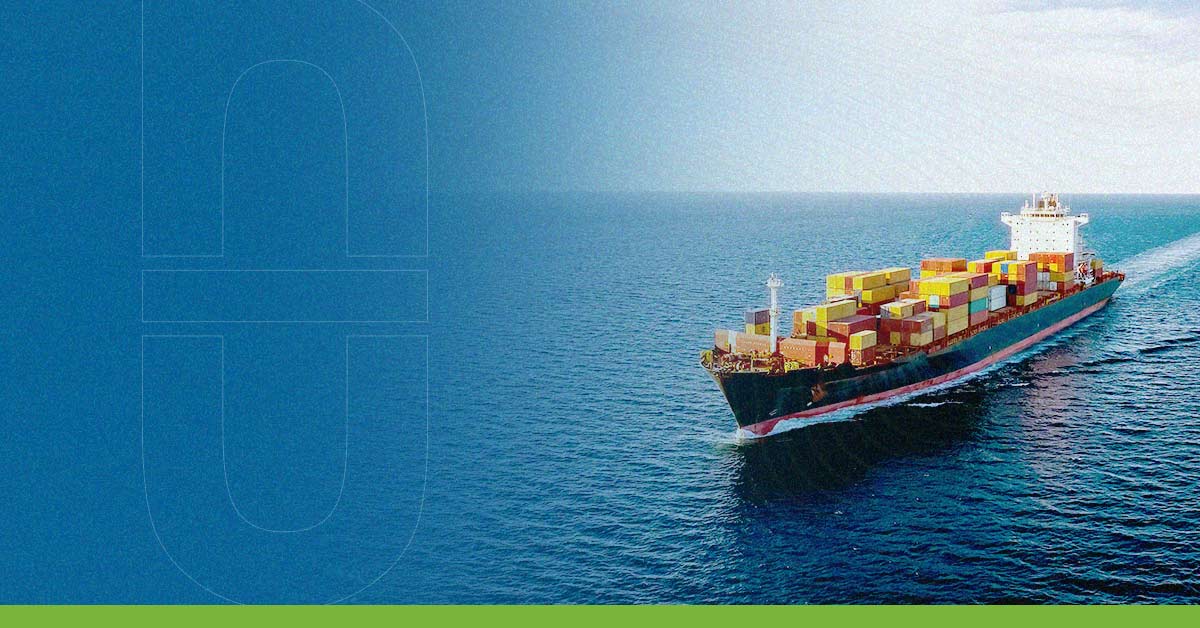Global trade with respect to international markets continues to present some significant obstacles once the crisis caused by Covid-19 has been surpassed, to some extent. Something that can be especially reflected in those countries that do not have coasts in order to take advantage of the benefits of exports.
These territories are called LLDCs (landlocked developing countries), which are characterized by certain difficulties in the economic field, to which are added the challenges of trying to be competitive in an increasingly globalized world in which the rest of nations enjoy growth as a result of strengthening their logistics operations in recent years.
The havoc caused by the past pandemic,adding to the current container crisis, has significantly weakened the trading position on which LLDCs previously rested. And it is impossible to deny the tremendous importance of logistics when it comes to growing the well-being of a country at an economic level, especially in a market as complex as the one we live in today.
The logistics sector turns out to be essential for any country. But what to do when the decrease in the demand for containers, the rise in the price of transportation and the limitations in terms of not having functional costs affect the economic future of the LLDCs?
WTO to improve LLDC trade in international markets
Given the growing and problematic international markets faced by LLDCs, the WTO (World Trade Organization) has proposed a rescue plan called the “Trade Facilitation Agreement”, which seeks to facilitate the flow of governmental processes or international regulations required for the proper development of those developing countries that are at a certain disadvantage with respect to the other nations that do have greater tools when it comes to working on competitiveness.
Although this agreement may seem like a recent measure, the truth is that it was proposed by the international organization between 2013 and 2014, although so far it has not received the expected support considering the importance of the issue in question. Such an agreement would have been a great avenue of help for LLDCs during the pandemic years if it had been implemented more efficiently as commented by WTO members.
This agreement consists of a series of recommendations that the WTO makes to developing countries with maritime limitations that wish to be part of it:
- A recurrent participation in terms of promoting regulatory changes related to international trade in order to find really feasible solutions to their current problems.
- Take advantage of the benefits of digitalization with the aim of streamlining administrative and legal processes in the face of requirements between countries.
- Make positive changes by promoting the export of domestic products that do not deserve to be mobilized by sea.
An important detail explained by the WTO is that cooperation by regulatory bodies and other countries will be a determining point for the continuity and extended success of this Trade Facilitation Agreement.
Cargo insurance as away of stability in international trade
When we talk about international markets, cargo insurance is a way of relief for those companies that export merchandise to complex destinations such as LLDCs, so it is important to have advice from experts who know how to evaluate all areas of risk in daily transportation management. If you want to know what insurance specifically suits the needs of your own business, contact us.
Source:
“International trade: a challenge for landlocked developing countries”. The Country




